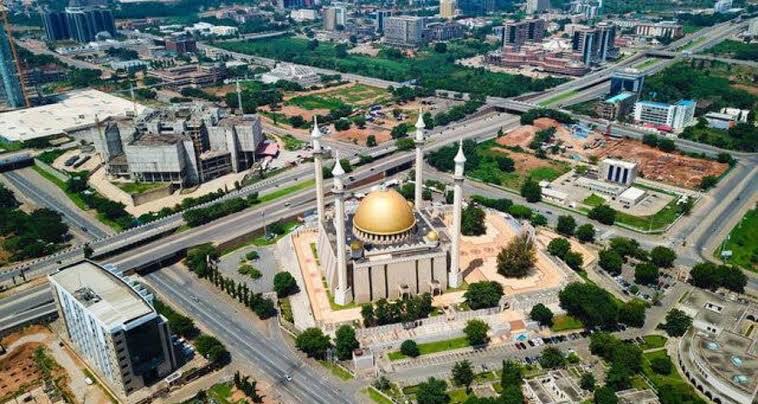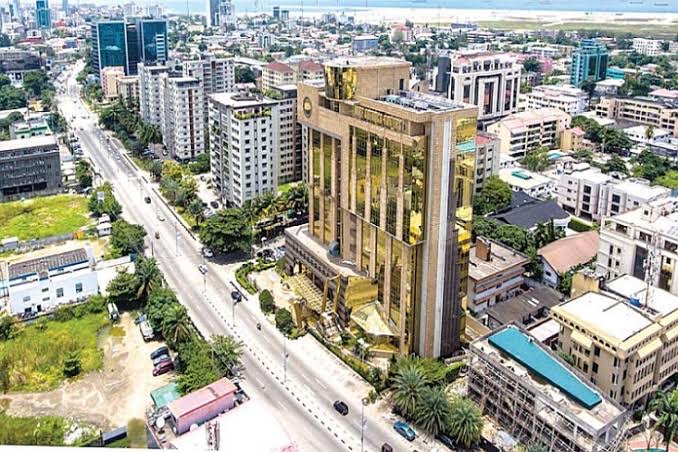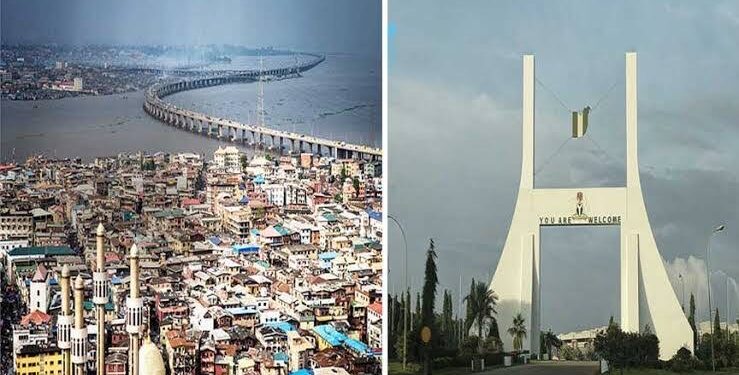According to the 2024 Mercer Cost of Living Survey, Nigeria’s commercial and political capitals, Lagos and Abuja, are ranked as the world’s cheapest cities for expatriates.
The main factor identified in this classification is the significant devaluation of the naira, making the cost of living more affordable for foreign workers. The report attributes the naira’s fall to reforms by President Bola Tinubu, who scrapped the long-standing currency peg introduced by former Central Bank of Nigeria Governor Godwin Emefiele.
As a result, Lagos and Abuja recorded the biggest drop in the cost of living rankings among 226 cities worldwide from 2023 to 2024. The devaluation has made these cities more affordable for expatriates, despite Nigeria’s inflation rate now soaring to 33.95% and food inflation at over 40%.

In 2023, Lagos was the 47th most expensive city in the world, while Abuja was 140th. This year, Lagos dropped 173 places to 225th and Abuja to 226th. The study states: “The currency depreciation of the cost of living for expatriates occurred despite inflation rates rising in many of these countries.”

The study also shows that inflation in both Nigeria and Angola increased by more than 20% between March 2023 and March 2024. Meanwhile, the most expensive cities for expatriates are mainly in Western Europe, with four of them in Switzerland.
However, Hong Kong and Singapore top the list, taking first and second places respectively. Lagos and Abuja are the cheapest cities in Africa, while Bangui, the capital of the Central African Republic, has risen 12 places to 14th in the world, followed by Djibouti and N’Djamena at 18th and 21st respectively Conversely, Blantyre, Lagos, and Abuja are among the least expensive cities in Africa, ranking 221st, 225th and 226th in the world.


































